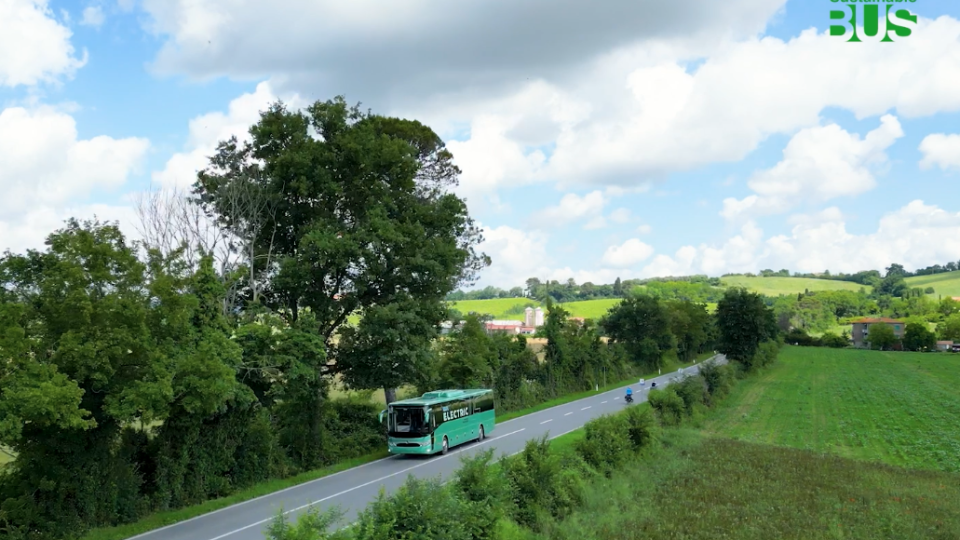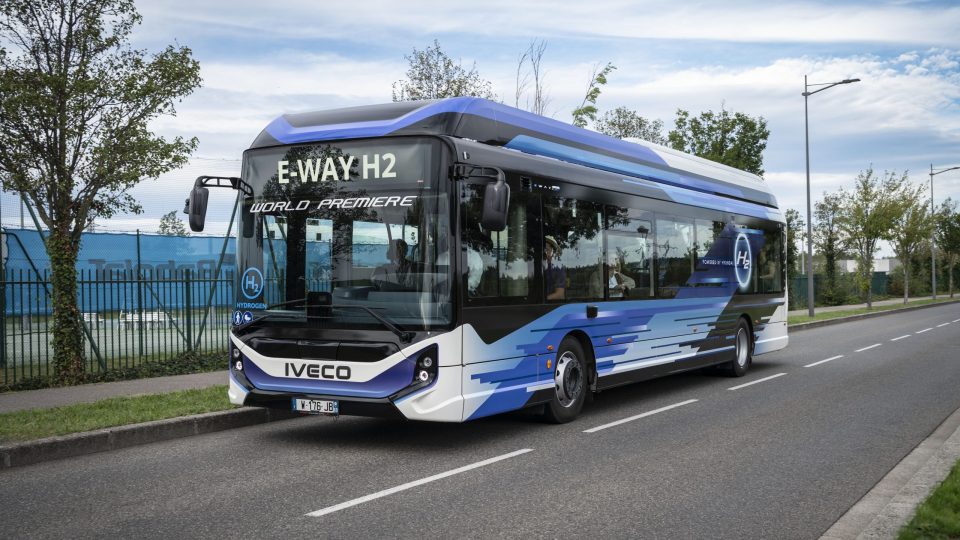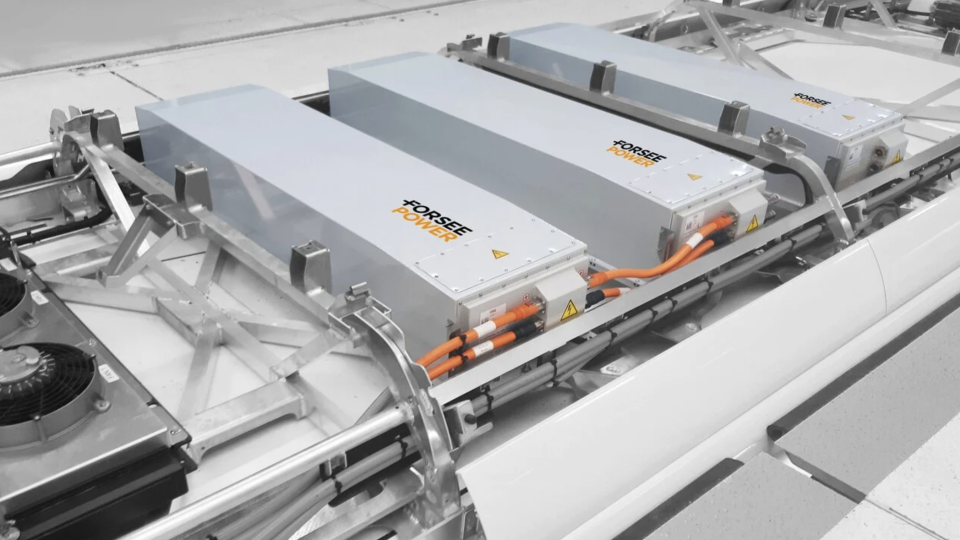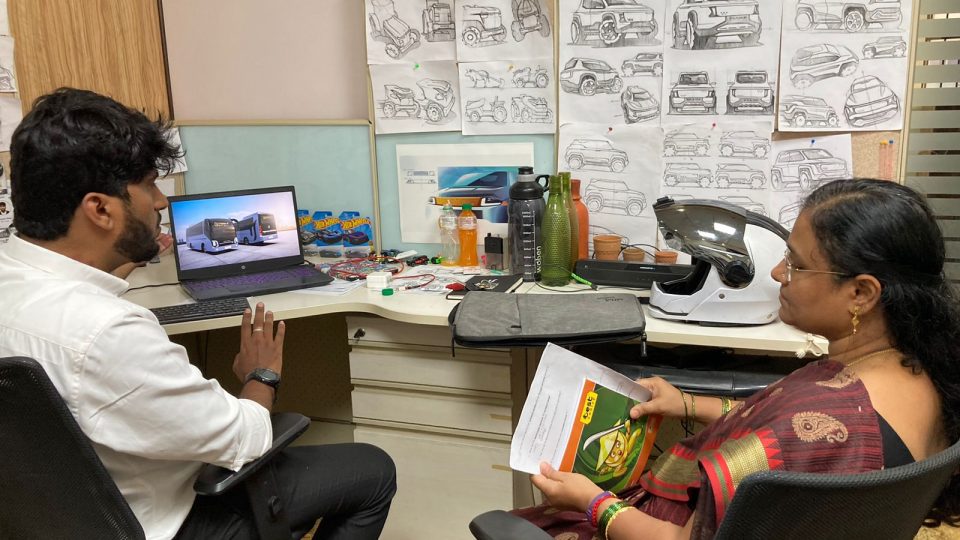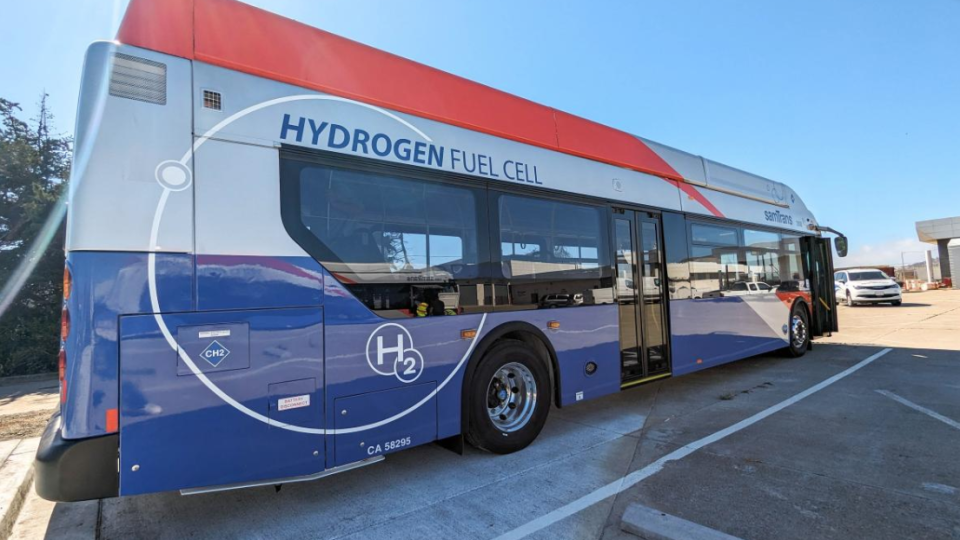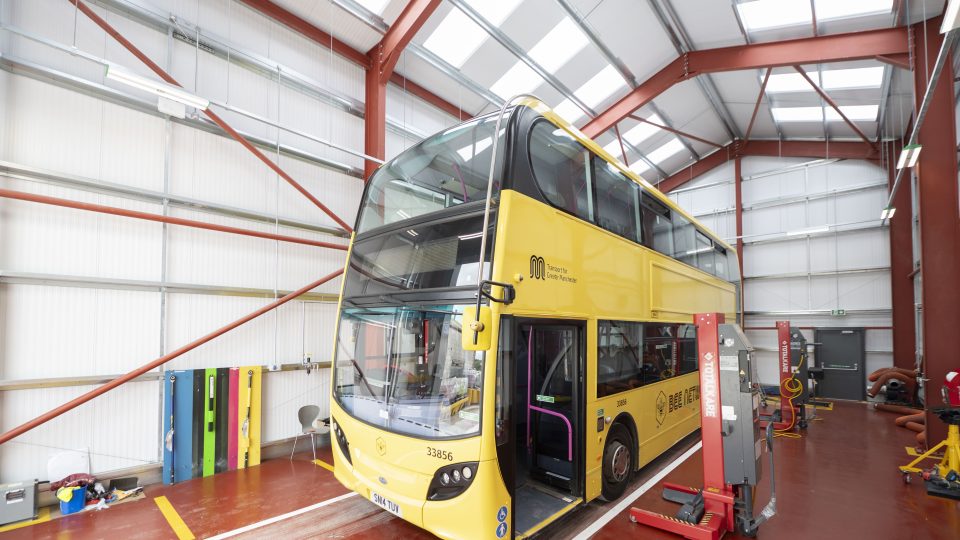Halting federal subsidies “put conversion of 10,000 buses to zero emission at risk”, states VDV president Ingo Wortmann
"The recent Bundestag decision to cut funding for the purchase of buses with alternative drives in the Climate and Transformation Fund is causing significant uncertainty among all market participants. Just now, when the market ramp-up of e-buses is not yet complete and 88 percent of city buses are based on diesel technology, this cut represents an unexpected disruption. We must continue on the path to CO2-neutral mobility. However, without adequate financing of e-buses and the associated infrastructure, this path is in question", says in a statement VDV president Ingo Wortmann.
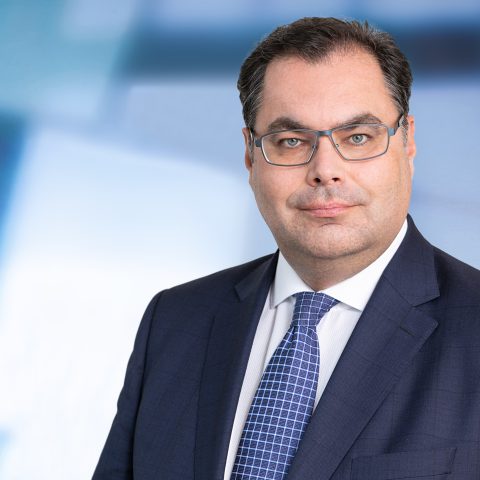
“1,500 participants at Mobility Move 2024 are optimistic in many areas, yet regarding the market ramp-up of e-bus fleets – the core of the event – in Germany, the mood has not been as poor as it is currently for many years. The recent Bundestag decision to cut funding for the purchase of buses with alternative drives in the Climate and Transformation Fund is causing significant uncertainty among all market participants. Just now, when the market ramp-up of e-buses is not yet complete and 88 percent of city buses are based on diesel technology, this cut represents an unexpected disruption. We must continue on the path to CO2-neutral mobility. However, without adequate financing of e-buses and the associated infrastructure, this path is in question. The numbers speak volumes: in the first funding call, the Federal Ministry of Transport funded over 3,000 buses, in the second there were 1,000. Last week, in the third round, 186 buses were funded“, says in a statement VDV president Ingo Wortmann.
Around 800 German transport companies have plans to convert about 10,000 buses to emission-free operation by 2025. Without continued support, these plans are at risk
Ingo Wortmann, President, VDV
24 billion euros for nationwide conversion of bus fleets
Germany placed second in Europe in 2023 for number of BEV bus’ registrations, behind UK (it’s therefore the first country in EU). E-bus registrations in Germany grew +29 last year. Looking at the complete German bus&coach market, a total of 5,493 new buses and coaches (over 3.5 tons) were newly registered in Germany from January to December, compared to 4,883 in 2022. However, 2021 data were much higher: 6,474 new buses and coaches were registered in that year.
Ingo Wortmann continues: “The industry association VDV estimates the investment volume for the complete, nationwide conversion of bus fleets with the associated fueling, charging, and workshop infrastructure at at least 24 billion euros. Germany is a world market leader in this sector, thanks to the successful strategy for the development and market launch of emission-free buses, pursued for 15 years by states, the federal government, industry, and transport companies. The cessation of funding by the federal government endangers the transformation process. Around 800 transport companies have plans to convert about 10,000 buses to emission-free operation by 2025. Without continued support, these plans are at risk.”
VDV estimates the investment volume for the complete, nationwide conversion of bus fleets with the associated fueling, charging, and workshop infrastructure at at least 24 billion euros.
Ingo Wortmann, President, VDV
“The Clean Vehicles Directive and the tightened framework conditions for city buses, which the federal government has agreed to at the EU level, present us with challenges regarding our revenue situation. The introduction of the Germany Ticket makes the switch to alternative drives even more demanding. Without adequate funding, many of our member companies are being forced to consider keeping older diesel buses in the market for longer. This directly contradicts the goals of environmental and climate protection and highlights the need to find new financing pathways to support the transition to emission-free bus fleets.”

